Reviewed by Corey Noles
Google just rolled out the ability to replace Gemini with ChatGPT or other AI assistants on Android—a move that sounds like digital liberation. But before you jump ship, there's more to this story than meets the eye.
What you need to know: • OpenAI's ChatGPT and Perplexity AI now work as default Android assistants • You'll lose smart home controls, calendar integration, and music playback features with third-party assistants
• Google is phasing out Assistant entirely by 2025 for phones with 2GB+ RAM • Alternative assistants can't use "Hey Google" wake commands—saying the phrase still triggers Gemini
Why the assistant swap feels like a big deal (but probably isn't)
Picture this: You can finally ditch Google's AI for OpenAI's conversational prowess or Perplexity's search-focused approach. The latest ChatGPT beta update lets Android users set it as their default assistant, joining Perplexity's earlier Android rollout. On paper, this looks like genuine choice in the AI wars.
Here's the thing: Samsung and Motorola are already exploring partnerships with Perplexity, potentially making it their default assistant. Meanwhile, Google announced that Classic Assistant will disappear from most mobile devices later in 2025, except for phones running Android 9 or earlier with less than 2GB RAM. This timing isn't coincidental—Google's opening the gates precisely when having alternatives matters least to their long-term strategy.
The reality check? Google's CEO Sundar Pichai now believes Gemini has surpassed ChatGPT, with ambitions to reach 500 million users by year's end. Millions have already switched to Gemini, making this choice expansion feel more like damage control than genuine user empowerment.
What you actually lose when you make the switch
Sound familiar? You gain conversational AI that can interrupt, use filler words, and maintain context—but you sacrifice the ecosystem integration that made Google Assistant indispensable. ChatGPT cannot control Google Home devices, adjust system settings, or manage music playback. Want to add calendar entries or send emails with voice commands? You're out of luck.
The pattern becomes clearer when you examine the alternatives. Perplexity AI's Android assistant promises ride-hailing and restaurant reservations, but its email summarization lacks accuracy and calendar integration remains underdeveloped. Plus, offline functionality is completely absent—great for areas with spotty connectivity.
Even switching back to Google Assistant comes with trade-offs. Users report that Gemini fails at basic smart home controls that Assistant handled flawlessly, with one frustrated user noting Gemini "gives me instructions rather than just doing it" for simple TV controls. The consensus? Gemini shouldn't have replaced Assistant until it matched the original's reliability.
The ecosystem trap you didn't know you walked into
Let's break it down: Google didn't suddenly develop a passion for user choice. This move acknowledges what power users already discovered—Gemini launched in February 2024 lacking many phone assistant capabilities that people relied on daily. ChromeUnboxed called it "still in a Beta-like stage" and questioned why Google allows Gemini to automatically take over when it's clearly not ready.
But here's Google's long-term play: seamless ecosystem integration that creates switching costs competitors can't match. All paying Workspace customers now get Gemini access, with one-click access from Gmail and one-keystroke summoning in Docs. Seven Google products with 2+ billion monthly users now run Gemini models—that's not just AI integration, it's the foundation of digital dependency.
The competition? Amazon's "Remarkable Alexa" is massively delayed and underpowered. ChatGPT, Claude, and others have strong models but lack distribution. Meanwhile, Gemini can already change phone settings and work across apps—capabilities that no other assistant currently matches.
Why this "choice" might actually be an illusion
Here's the uncomfortable truth: Google can put its sparkly icon in front of practically the entire internet population daily, gathering the data and feedback needed to eventually dominate this space. Each interaction trains models that become harder for competitors to match, creating a flywheel effect where market leadership becomes self-reinforcing.
What makes this particularly strategic is how Google has reframed AI integration from optional to assumed. Recent updates let Gemini access Messages, Phone, WhatsApp, and Utilities regardless of privacy settings, storing interaction data for up to 72 hours no matter your preferences. This isn't about expanding choice—it's about normalizing AI integration as assumed, not requested.
All AI assistants, including Gemini, still have lots of limitations. Gemini models occasionally do ridiculous things like tell people to eat rocks. But Google has the distribution advantage that transforms these temporary flaws into learning opportunities rather than existential threats. The more entrenched we become, the less likely we'll dump our AI friend for another.
The better move: Stay put (for now)
PRO TIP: Unless you're genuinely frustrated with Gemini's smart home limitations, switching assistants creates more problems than it solves. The fact that ChatGPT launches in voice mode might appeal to conversation enthusiasts, but losing Google Calendar integration and smart home controls affects daily utility far more than improved chat quality.
If you're committed to making a change, remember that Google Assistant remains accessible for phones with Android 9 or earlier, and switching back from Gemini is built into the app. But with Google's 2025 timeline for phasing out Classic Assistant, this window won't stay open forever.
Here's the kicker: even after switching to alternatives, saying "Hey Google" still triggers Gemini rather than your chosen assistant. That's not a bug—it's a reminder of who really controls the Android ecosystem, regardless of which app you've designated as your "default."
The choice is yours—just don't mistake a strategic business move for genuine user empowerment. Google's playing the long game, and your assistant preferences are just one move on a much larger board.





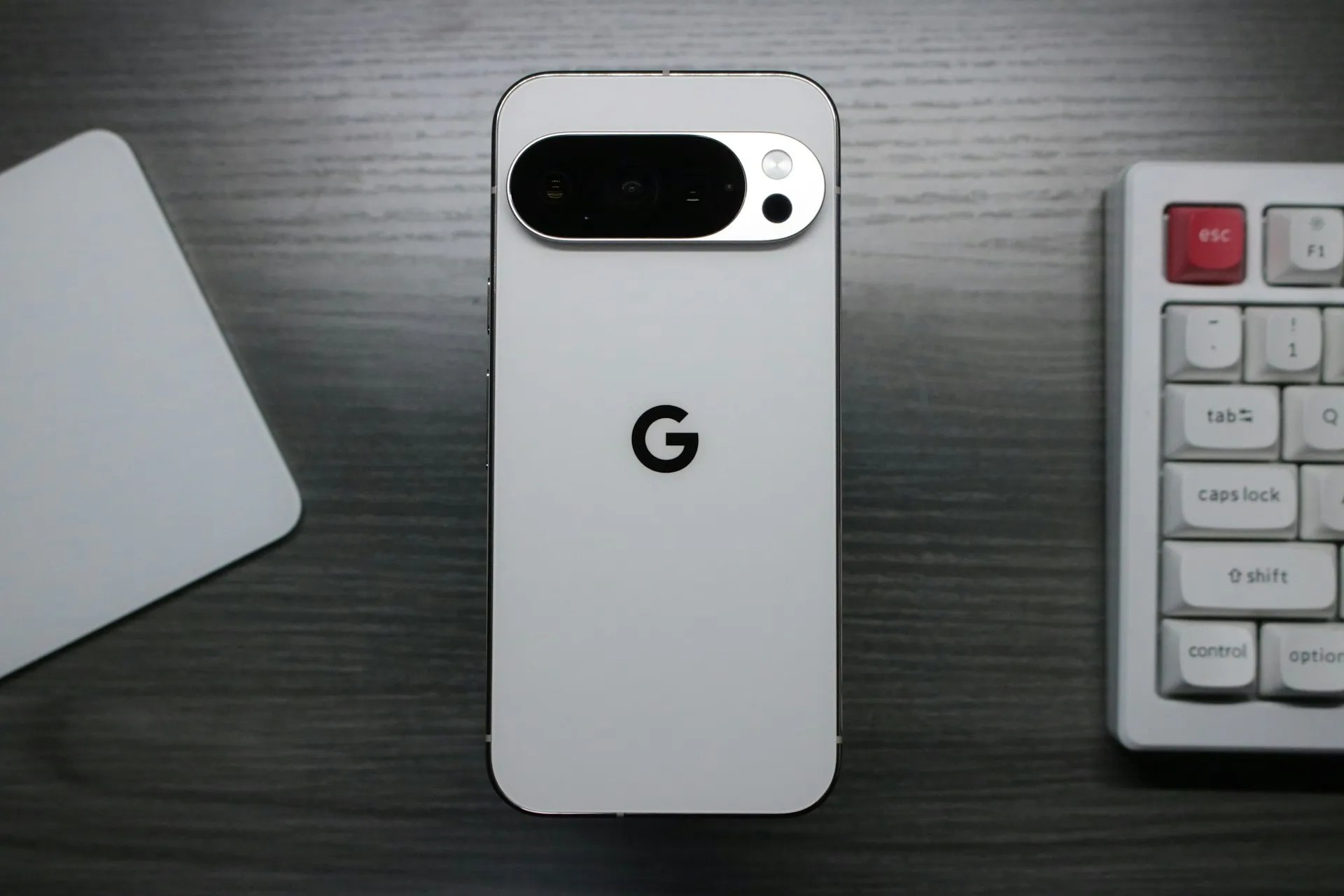


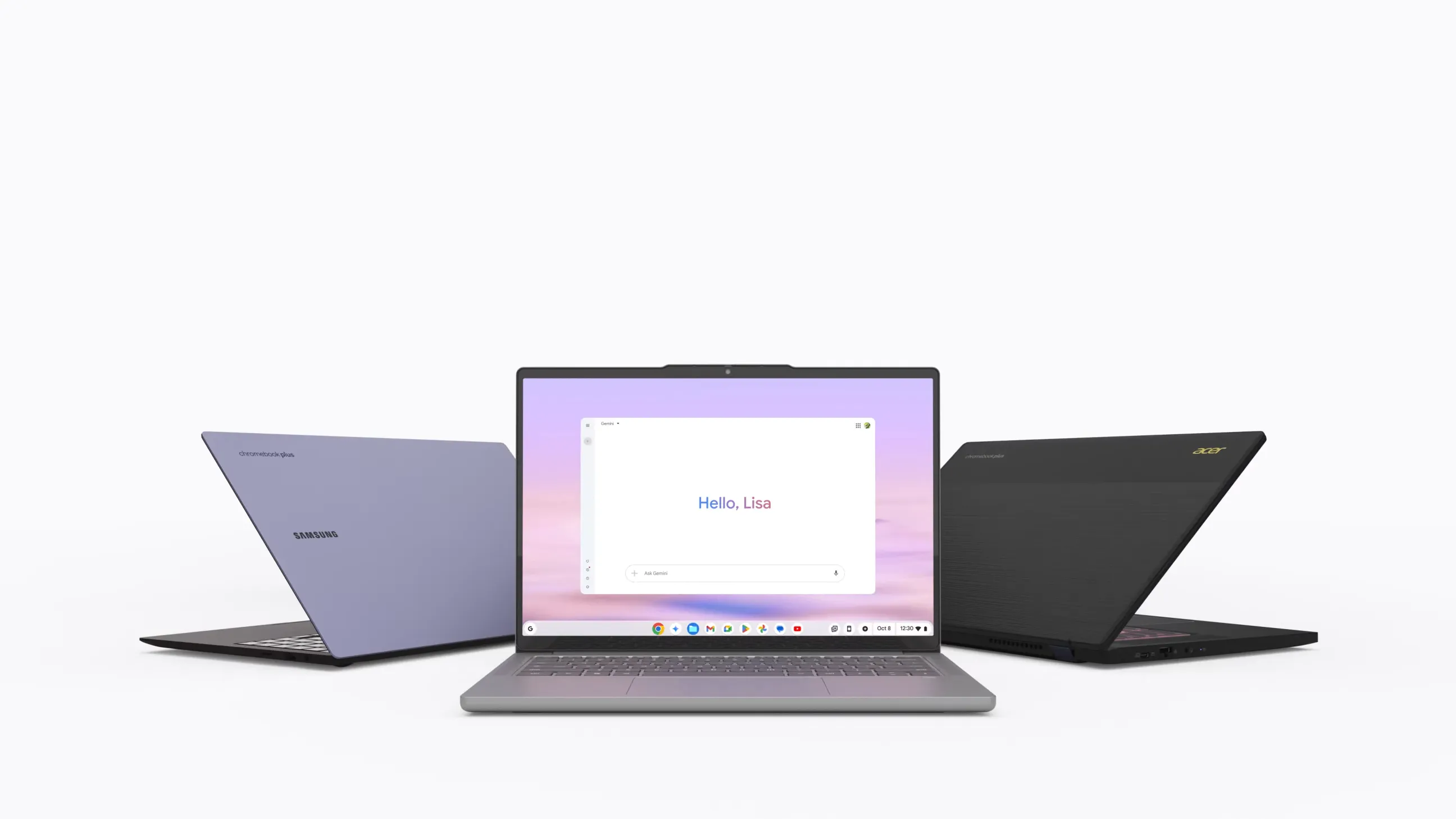




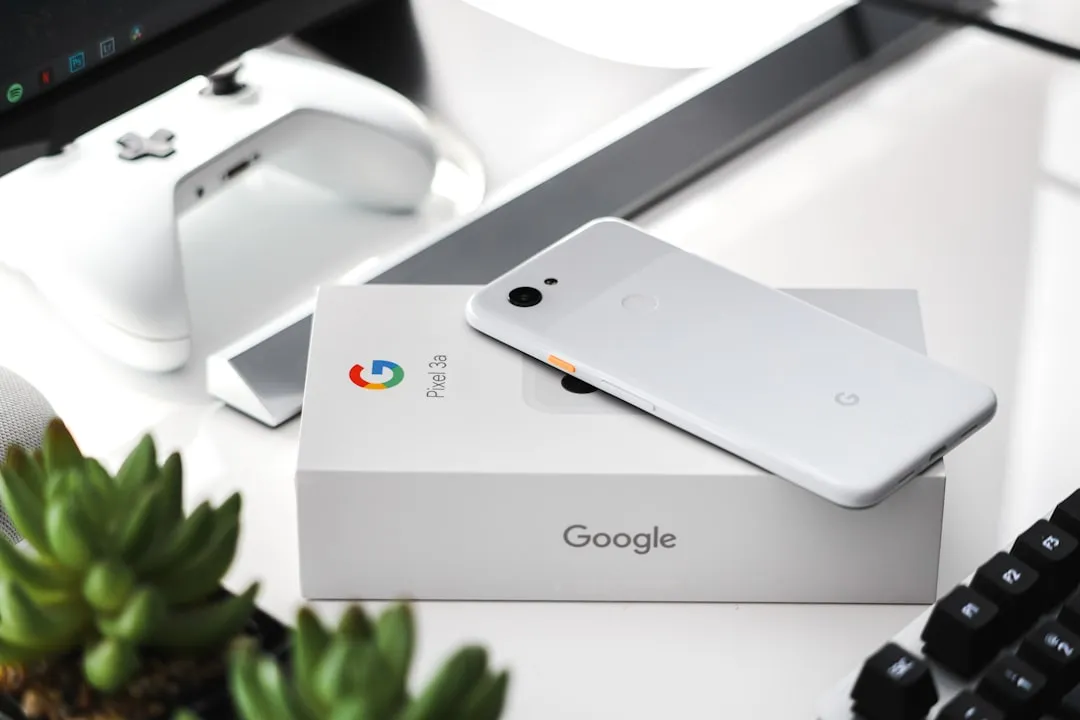

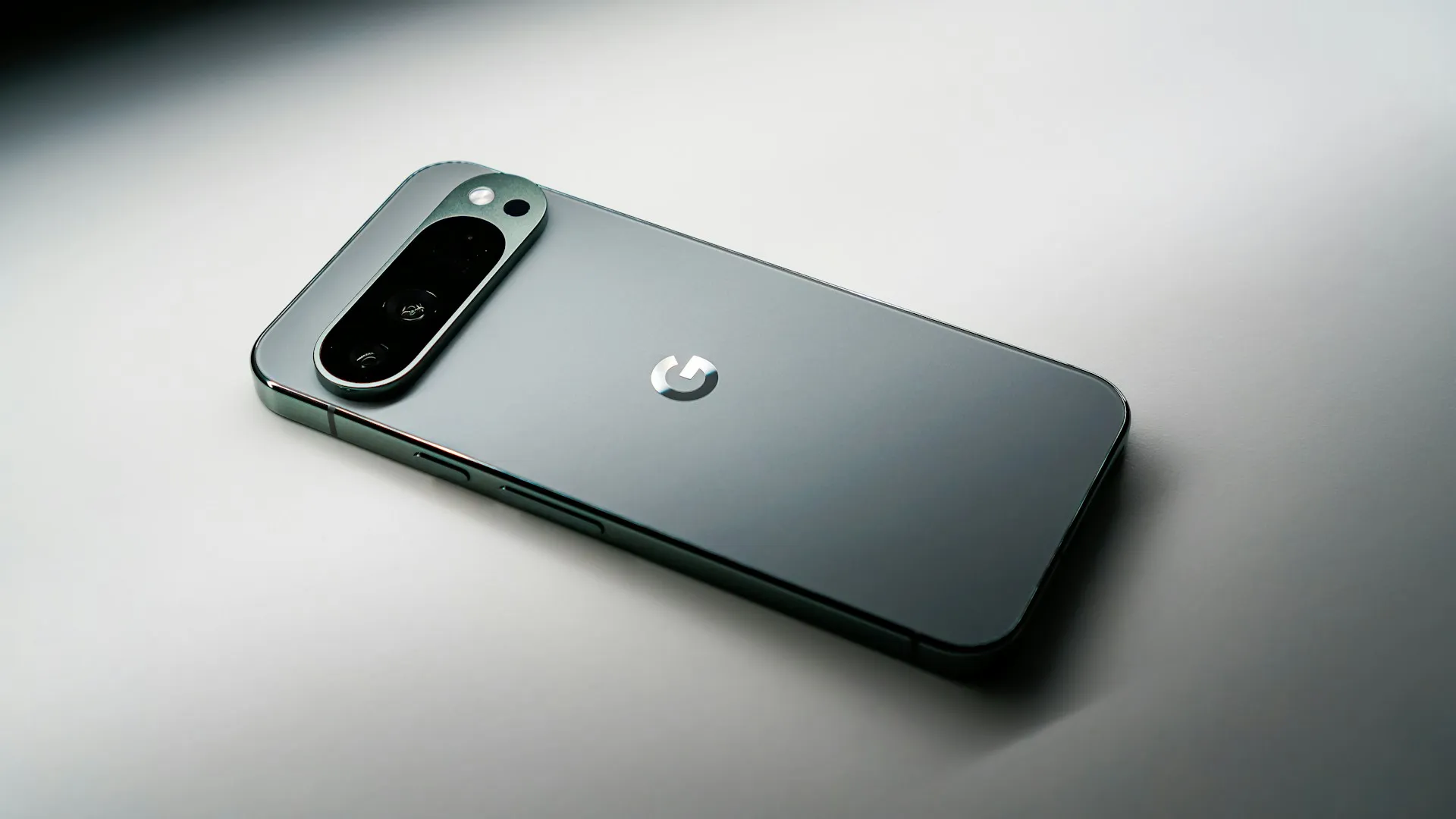




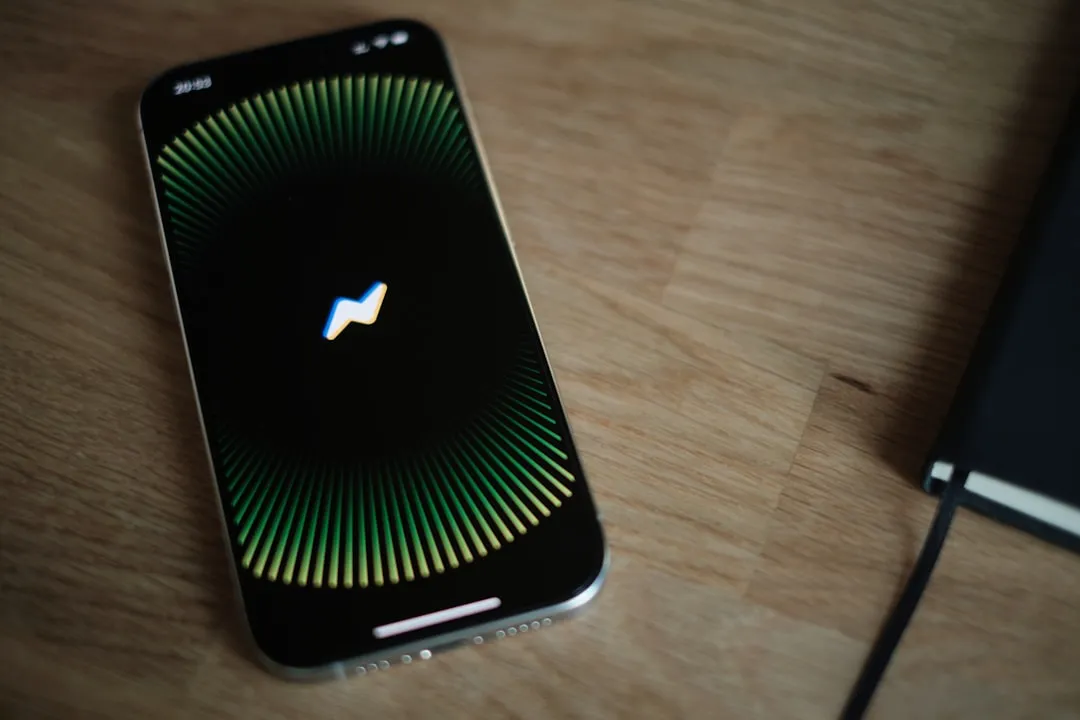

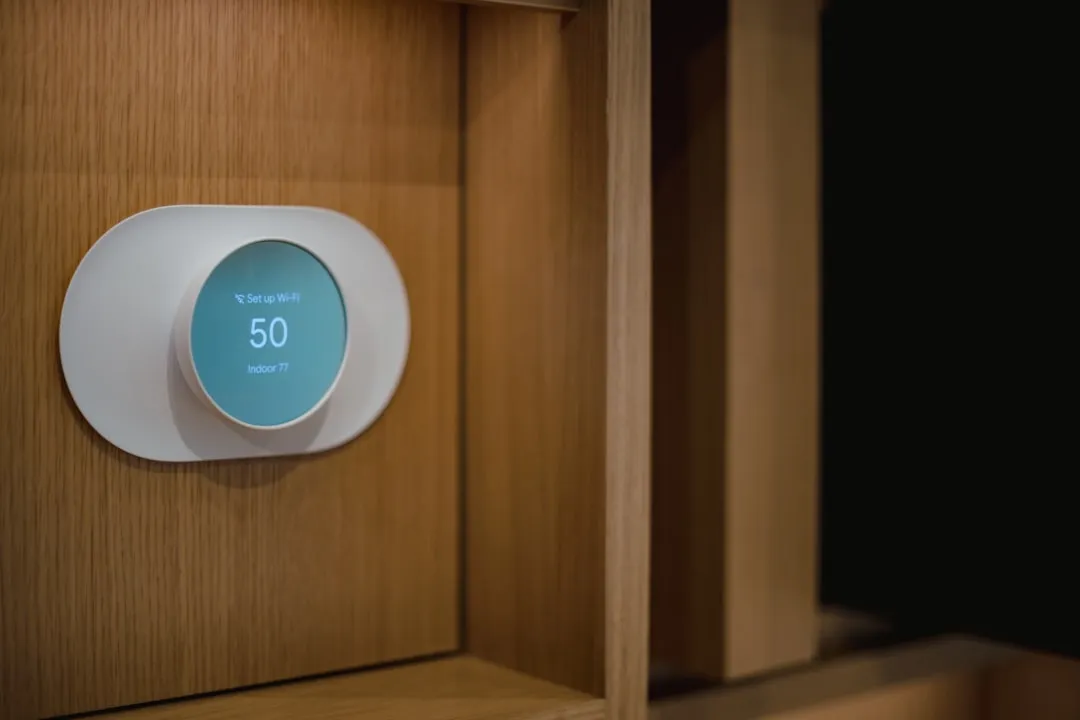

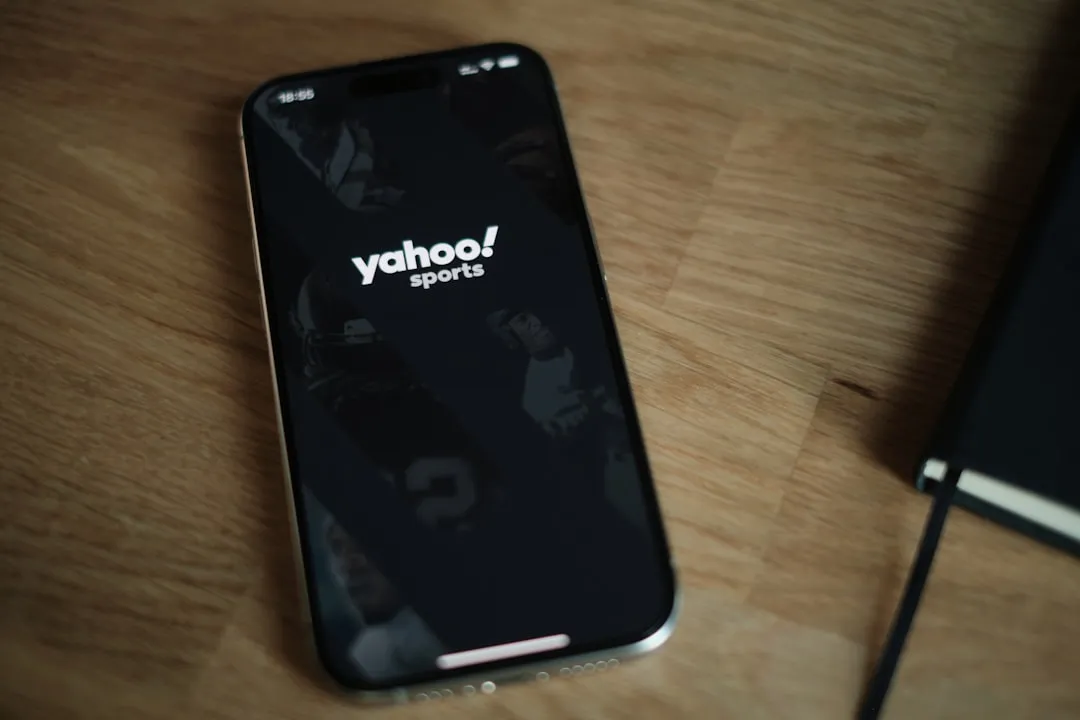
Comments
Be the first, drop a comment!